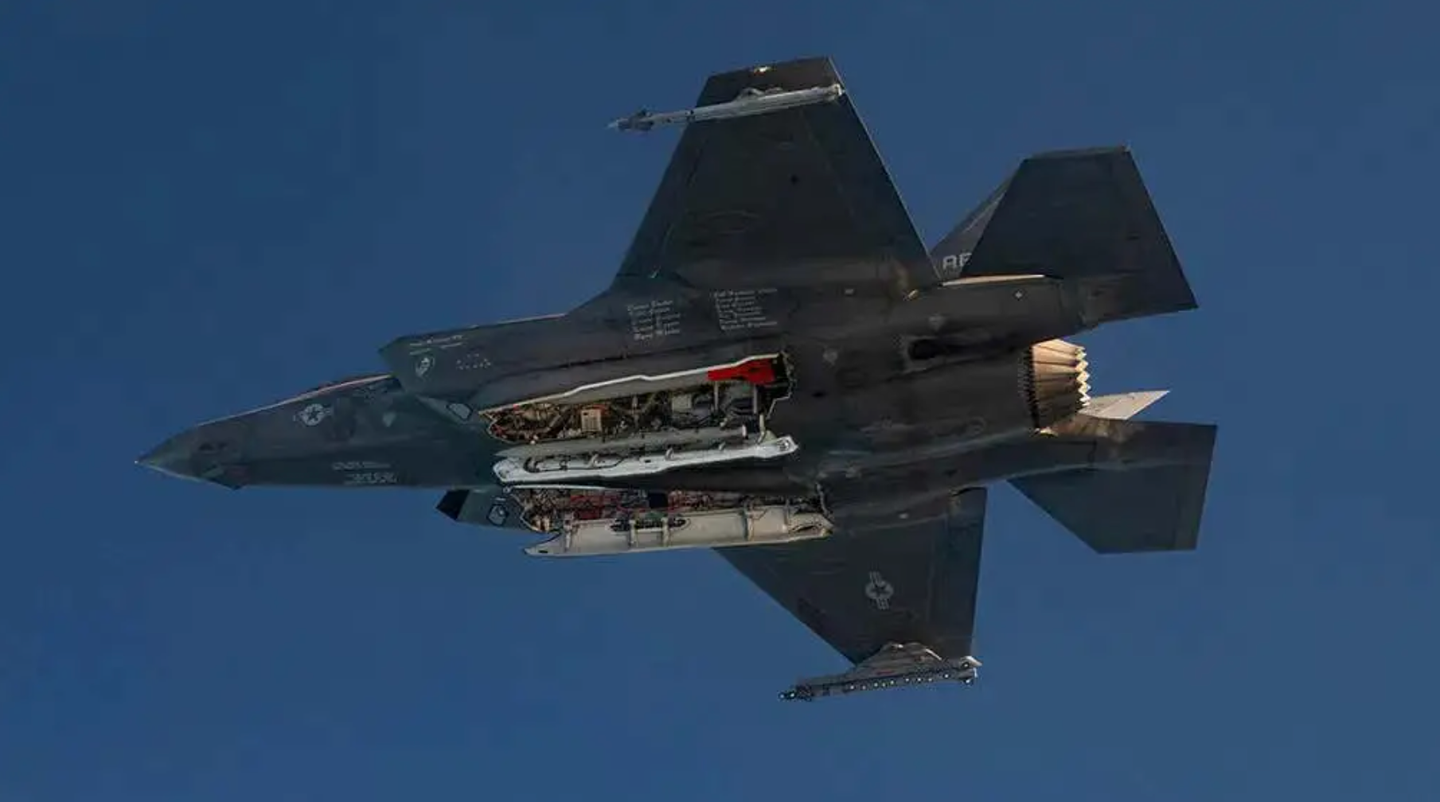Starting June 1, 2024, the Royal Netherlands Air Force (RNLAF) will transition from F-16 Fighting Falcons to advanced F-35 aircraft for NATO’s nuclear deterrence mission, as announced by the Dutch government. This move positions the Netherlands as the first European nation to use the F-35 for this role, marking a significant upgrade in NATO’s nuclear deterrence capabilities.
On May 30, Dutch Defense Minister Kajsa Ollongren informed the House of Representatives about the transition, which underscores the Netherlands' commitment to NATO's security framework. The F-35 has undergone rigorous testing and certification, achieving initial certification for the deterrence mission in November 2023 and full certification to carry the B61-12 thermonuclear bomb in March 2024.
The transition has already seen Dutch F-35s replace F-16s in the NATO Quick Reaction Alert (QRA) detachment as of March 29, 2024. Volkel Air Base will host the new Dual-Capable Aircraft F-35 squadron, which will eventually deploy the new B61-12 bombs, reaffirming the Netherlands' dedication to NATO’s nuclear deterrence strategy.
In light of this development, Russian expert Dmitry Suslov has called for a "demonstrative" nuclear explosion to deter Western support for Ukraine. Suslov, part of the Moscow-based Council for Foreign and Defense Policy, suggests that a non-combat nuclear test could serve as a stark reminder of Russia’s nuclear capabilities and deter further Western intervention.
Suslov’s proposal, published in Profil magazine, argues that such a test would have a profound psychological impact on Western leaders, reinforcing the deterrent power of nuclear weapons. He also recommended strategic nuclear exercises and warnings to countries supplying Ukraine, suggesting potential global targeting of their assets if they retaliate.
This suggestion follows President Vladimir Putin's warning to the West against allowing Ukraine to strike deep inside Russia, which he claimed could lead to global conflict. While Suslov does not hold an official government position, his think tank’s influence on Russian policy lends weight to his proposal. The Kremlin has reiterated that Russia’s nuclear policy remains unchanged but has recently conducted tactical nuclear weapons drills in response to what it views as escalating Western rhetoric.
This development underscores the ongoing tension and strategic maneuvering between NATO and Russia amidst the broader context of the Ukraine conflict.

No comments:
Post a Comment